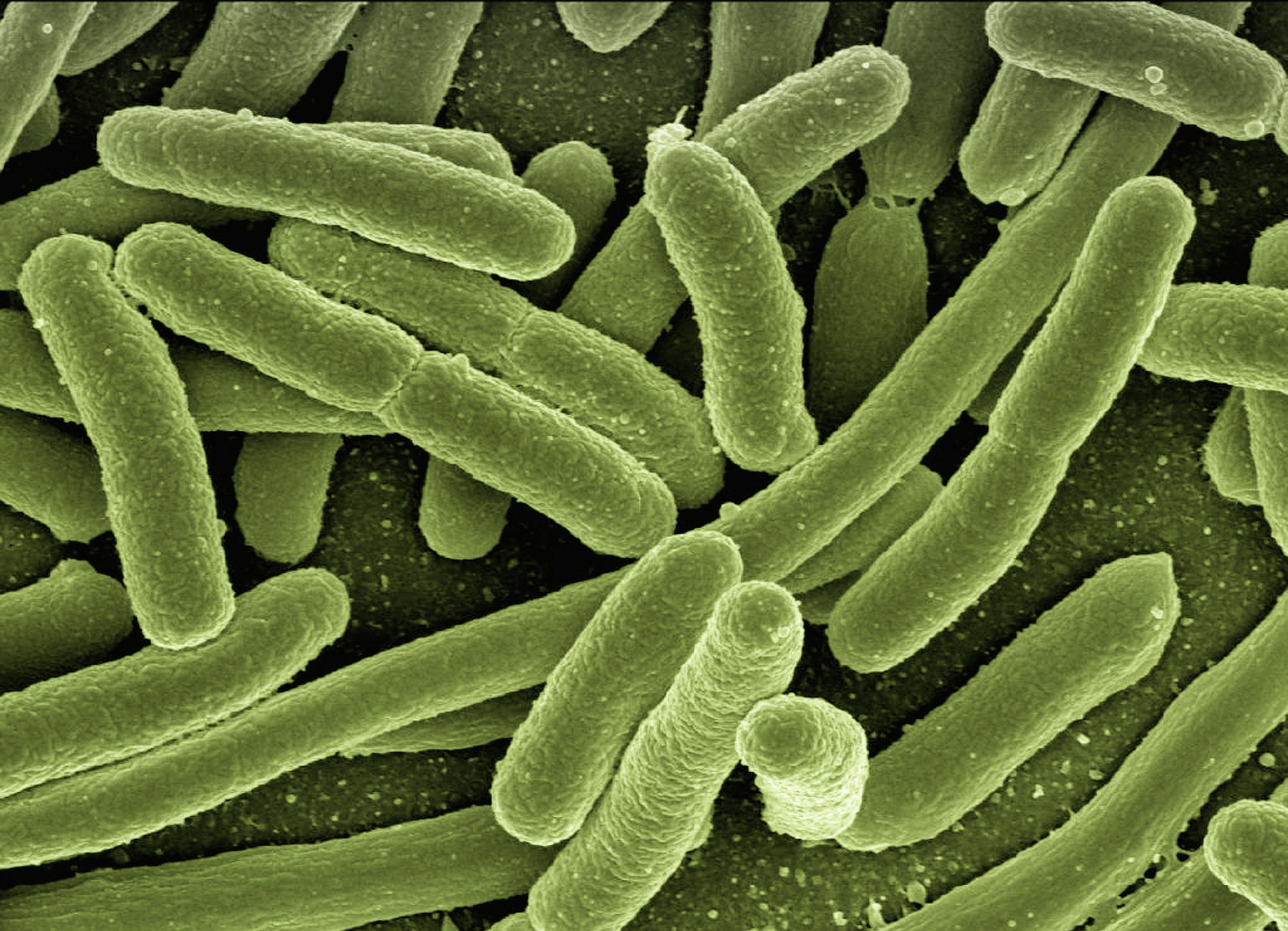The incidence of Listeria monocytogenes in ready-to-eat products and the cases of invasive listeriosis associated with the consumption of this type of product has increased in recent years, although the presence of L. monocytogenes in ready-to-eat foods for consumption has been regulated since 2006 as a food safety criterion (Commission Regulation (EC) No 2073/2005). The main food categories involved in alerts and cases of food poisoning caused by L. monocytogenes are meat and meat products, fish and fishery products, and milk and dairy products. Therefore, the use of good practices, the mandatory implementation of the HACCP system and compliance with the food safety criteria set out in Regulation (EC) 2073/2005 are not sufficient to ensure the microbiological quality of ready-to-eat foods. For this reason, the food industry needs to apply additional control measures capable of reducing the risk of L. monocytogenes in these foods. In addition, there is a growing concern among consumers that products should be more natural and free of chemical additives. In this scenario, bioconservation fits perfectly. The general objective of this activity is to demonstrate the effectiveness of different bioconservation techniques to reduce the biological risk associated with L. monocytogenes in the meat and dairy industry and to develop a guide for these industries on its integrated application within the HACCP system.

Reduction of the biological risk associated with Listeria monocytogenes using bioconservation techniques. HACCP.


PI
Research
Research group
Funding
30.000 €
Funding body
DARPA - Department of Agriculture, Livestock, Fisheries and Food of the Generalitat de Catalunya. Aid for demonstration activities
Type of action
Project reference
56 30078 2019 2A
Web
20191031
20221030
